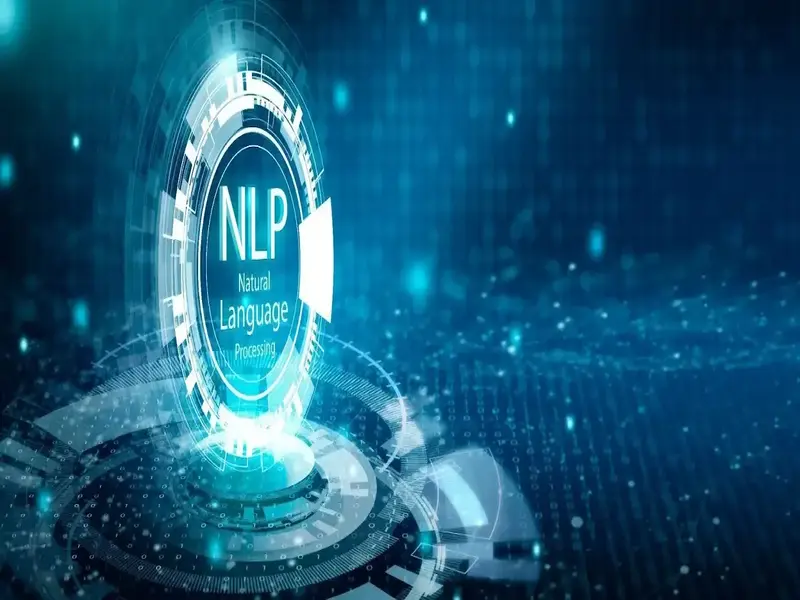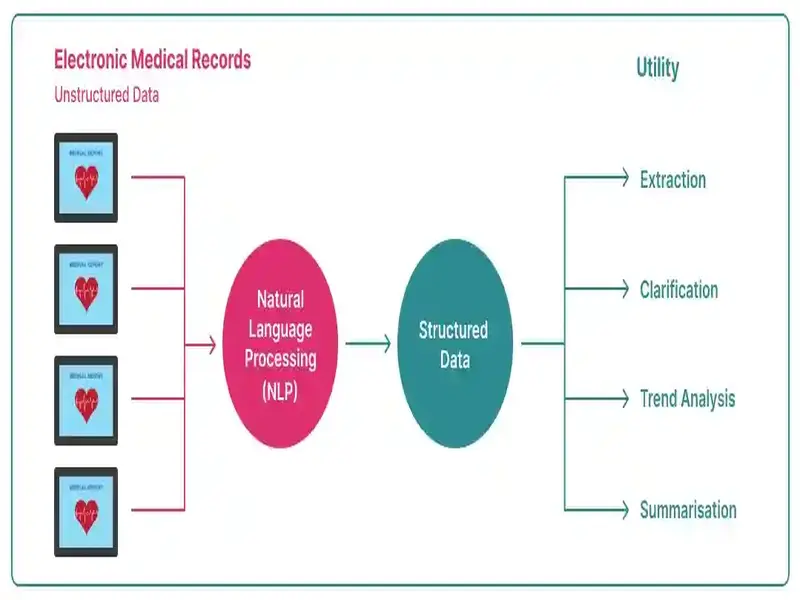The combination of Robotic Process Automation (RPA) and Artificial Intelligence (AI) holds immense potential for transforming healthcare industry. RPA's ability to streamline administrative processes and AI's cognitive capabilities for medical decision-making.

The Benefits of NLP in Medical Coding: Improving Accuracy and Efficiency in Healthcare
Natural Language Processing (NLP) is a field of computer science that focuses on the interaction between computers and human language. NLP has numerous applications in various industries, including healthcare. One of the most significant applications of NLP in healthcare is medical coding. This article will discuss the application of NLP in medical coding and its benefits over the current method of manual coding.
Medical Coding and current challenges:
Medical coding is an essential aspect of healthcare. It is the process by which the standardized codes are assigned to medical diagnoses, procedures, and other medical services for reimbursement and data analysis. Accurate and efficient coding is necessary for healthcare providers to receive proper service reimbursement. The process of medical coding is often tedious and time-consuming, requiring medical coders to sift through vast amounts of medical records and other documents. However, with the help of NLP, healthcare organizations can streamline medical coding, making it more efficient.
The Solution:

Benefits of NLP:
Large Volume of Unstructured Data:
One significant advantage of using NLP for medical coding is its ability to handle large amounts of unstructured data. Medical records often contain a wealth of unstructured data, including handwritten notes and free-text clinical narratives. NLP algorithms can analyze and extract relevant information from these unstructured data sources, making it easier for medical coders to assign accurate codes to medical records.Data Quality:
Another advantage of using NLP for medical coding is its ability to improve healthcare data quality. Healthcare providers can reduce errors and inconsistencies in their coding practices by automating the medical coding process with NLP. This higher accuracy will improve in overall quality of healthcare data, thus making any analyses to identify trends and patterns in healthcare more accurate.Clinical Decision:
Besides improving the accuracy and efficiency of medical coding, NLP can assist in other healthcare aspects, such as patient care and clinical decision-making. NLP can analyze patient records and identify potential health risks and additional critical information, allowing healthcare providers to provide more personalized and effective care. NLP can also help healthcare providers make more informed clinical decisions by providing relevant information from medical records and other data sources.